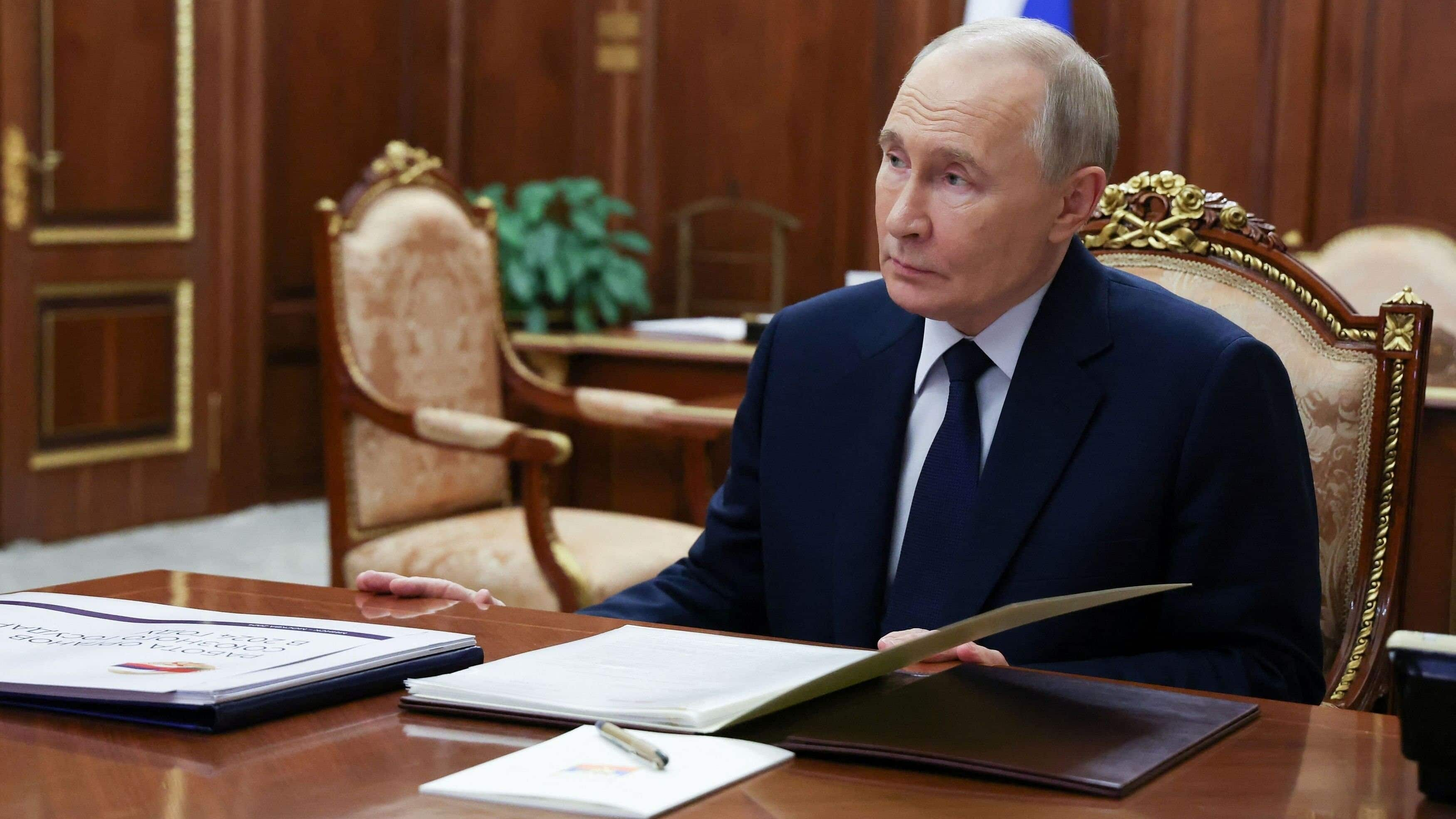
Putin's planes took Ukrainian children into 'coerced' Russian adoption: Report
What's the story
At least 314 Ukrainian children have been forcibly placed into foster care and adopted in Russia since 2022, according to a recent investigation by Yale University's Humanitarian Research Lab.
The report indicates that these children were taken from Russian-occupied parts of Ukraine after the 2022 invasion.
It claims that Russian President Vladimir Putin and senior Kremlin officials funded and enabled this operation.
Identity erasure
Children's Ukrainian identity at risk, says report
The researchers say that the children have either been listed in Russia's child placement databases or directly placed with Russian families.
Nathaniel Raymond, executive director of the humanitarian lab, emphasized that Russian foster parents can apply for citizenship for these children, possibly erasing their Ukrainian identity.
The report also notes that at least 67 of the identified children have been naturalized as Russian citizens, although the actual number could be higher.
Evidence
Report's findings based on leaked documents, satellite images
The findings, based on verified leaked documents detailing Putin's involvement, were corroborated by satellite images and open-source information mapping flights from occupied Ukraine to Russia.
The report could offer new evidence to the International Criminal Court (ICC), which has issued arrest warrants for Putin and Maria Lvova-Belova on alleged war crimes related to the deportation of Ukrainian children.
Denial and demand
Russia denies war crimes, Ukraine demands child register
Russia admits to these adoptions but claims they are part of a humanitarian program, denying any war crimes.
Meanwhile, Ukraine is urging Russia to furnish a register of all Ukrainian children in Russian custody.
Ukrainian Justice Minister Olha Stefanishyna stressed how important this data was to return each child affected by Russian aggression, while President Volodymyr Zelenskyy said bringing these children home will require the assistance of Ukraine's allies.
UN presentation
Findings to be presented at UN Security Council
Raymond said he plans to present these findings to the United Nations Security Council, stressing the importance of confronting Russia to safeguard children's rights in war.
"What Russia has done here, if it is left unconfronted, is to make children a bargaining chip, and we cannot allow that to happen," he said.